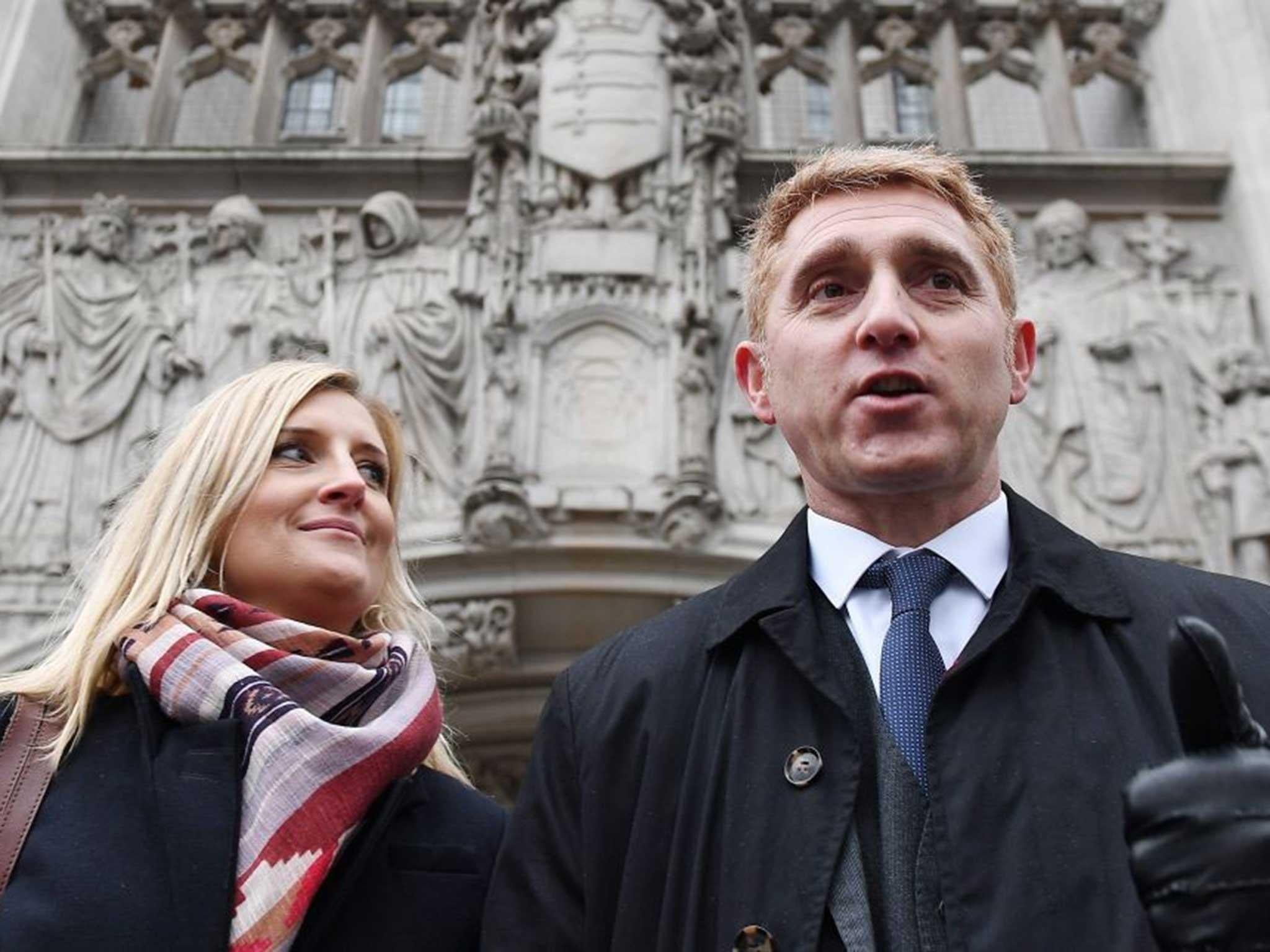UK Supreme Court to rule on term-time holidays after Disney World row
Jon Platt's refusal to pay £120 fine to Isle of Wight Council after taking daughter out of school to visit Florida resort sparks long-running legal battle

Your support helps us to tell the story
From reproductive rights to climate change to Big Tech, The Independent is on the ground when the story is developing. Whether it's investigating the financials of Elon Musk's pro-Trump PAC or producing our latest documentary, 'The A Word', which shines a light on the American women fighting for reproductive rights, we know how important it is to parse out the facts from the messaging.
At such a critical moment in US history, we need reporters on the ground. Your donation allows us to keep sending journalists to speak to both sides of the story.
The Independent is trusted by Americans across the entire political spectrum. And unlike many other quality news outlets, we choose not to lock Americans out of our reporting and analysis with paywalls. We believe quality journalism should be available to everyone, paid for by those who can afford it.
Your support makes all the difference.The Supreme Court announces its decision today in a landmark legal battle between education chiefs and a father who took his daughter on holiday in term-time without her headteacher's permission.
Five justices at the UK's highest court are giving a ruling on a challenge by Isle of Wight Council in a case involving father Jon Platt, who took his daughter on a seven-day family trip to Disney World in Florida in April 2015.
The council prosecuted Mr Platt after he refused to pay a £120 penalty. Local magistrates found there was no case to answer, and the authority then took its case to the High Court in London.
But two judges upheld the magistrates' decision and declared that Mr Platt was not acting unlawfully because his daughter had a good overall attendance record of over 90%.
They said the magistrates were entitled to take into account the “wider picture” of the child's attendance record outside of the dates she was absent on the holiday.
The decision caused a surge in term-time bookings all over England.
In an action being closely watched by schools and parents all over the country, the council has asked the Supreme Court justices, including the court's president Lord Neuberger, to overturn the High Court decision, saying it raises important issues over what constitutes “regular attendance” at school.
The High Court ruling in May last year cleared Mr Platt of failing to ensure his daughter attended school regularly, as required by section 444(1) of the Education Act 1996.
Mr Platt's request for permission to take his daughter out of school was refused by her headteacher.
After the holiday he was issued with a fixed penalty notice, but he did not pay the £60 by the initial deadline, and was sent a further invoice for £120, which he also did not pay.
At a Supreme Court hearing in January, the local authority, backed by the Education Secretary, argued that a child's unauthorised absence from school “for even a single day, or even half a day” can amount to a criminal offence.
But a QC for Mr Platt described the submission as a new and radical interpretation of the law which was absurd and would “criminalise parents on an unprecedented scale”.
James Eadie QC, for the Education Secretary, argued it would be “absurd” if parents could go on holiday with children when “the sun is out and foreign climes beckon” in a way that “undermined” Government policy on unauthorised absences.
Controversy was triggered when the Government ordered a crackdown on school absences in 2013.
New guidelines were introduced for English schools which only allow heads to permit pupils to miss classes in “exceptional circumstances”.
Families complain that trips in official holiday periods are up to four times more expensive, and local councils have reported that the number of breaks in term time is increasing.
The Department for Education has told parents that their children missing just a few days in the classroom can damage GCSE results.
Press Association
Subscribe to Independent Premium to bookmark this article
Want to bookmark your favourite articles and stories to read or reference later? Start your Independent Premium subscription today.
Join our commenting forum
Join thought-provoking conversations, follow other Independent readers and see their replies
Comments